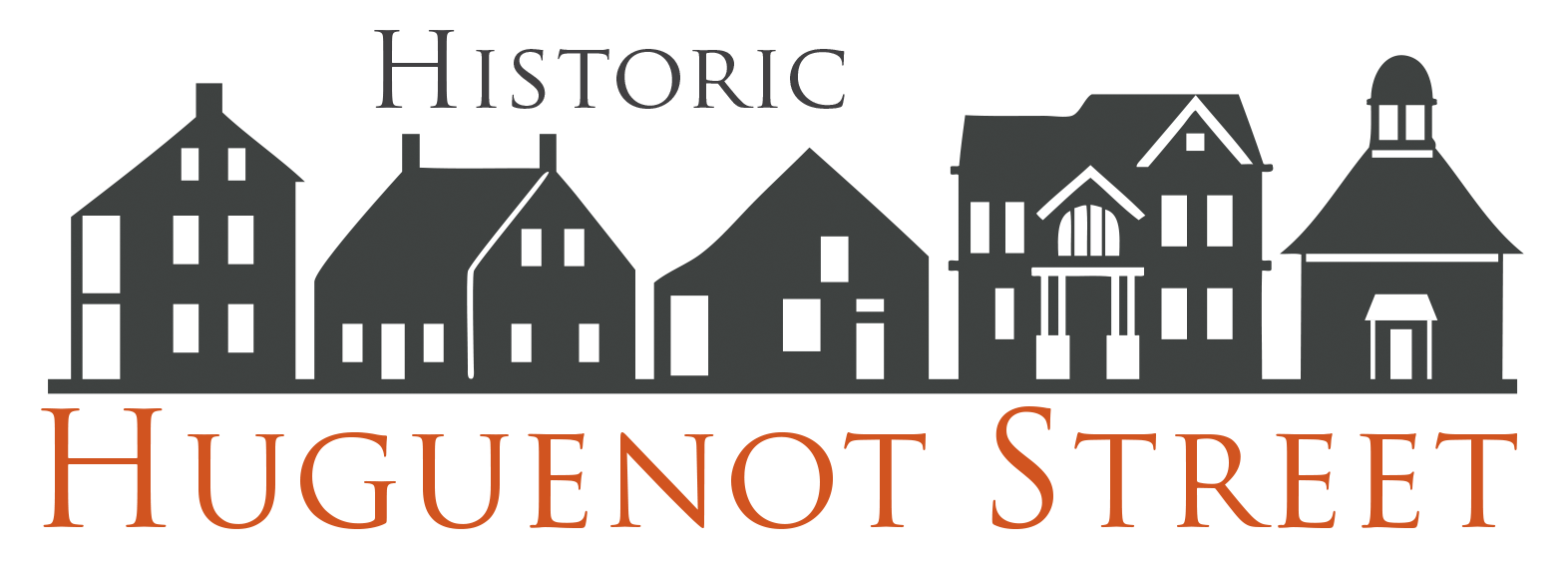Surviving Ulster County records compiled during the 17th and 18th centuries contain invaluable ethnographic material chronicling dated events with Esopus Natives living in the mid-Hudson River Valley. Methodologies for identifying named individuals found in treaty minutes and land cessions, as well as account books of Dutch merchants recording trade with American Indians are discussed. The primary source materials reviewed provides information on Esopus individuals and their families which continued to be relevant in dated events in Ulster County through the late colonial era.
This presentation will be entirely online and will be accessible via a link provided after registration.
J. Michael Smith is a native of Beacon in Dutchess County, New York, and a retired Media Specialist with Vermont PBS. As an independent ethnohistorian, he has documented the cultural histories of Munsee-Delaware peoples and relevant individuals in the mid-Hudson River Valley. He is a contributing author to the New York State Museum bulletins of the Native American Institute Seminar Papers, Albany, and has published various articles in the Hudson River Valley Review, Marist College, Poughkeepsie. He is co-editor with Kees-Jan Waterman, of Munsee Indian Trade in Ulster County, New York, 1712-1732, Syracuse University Press, 2013.
$8 General Admission
$5 For HHS members, seniors, and students
FREE for veterans, active military members, and their families
This program is made possible by the New York State Council on the Arts with the support of the Governor and the New York State Legislature.
This program is funded in part by a Humanities New York SHARP Grant with support from the National Endowment for the Humanities and the federal American Rescue Plan Act
Any views, findings, conclusions or recommendations expressed in this program do not necessarily represent those of the National Endowment for the Humanities.
